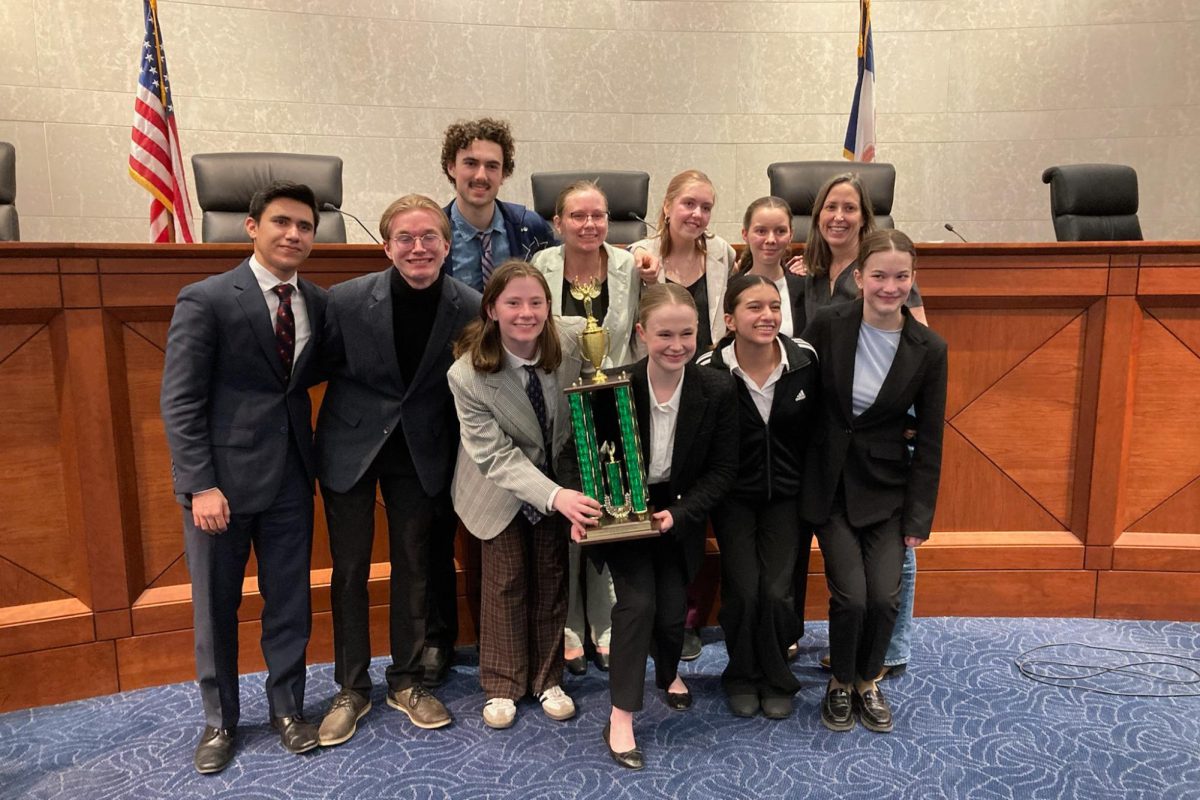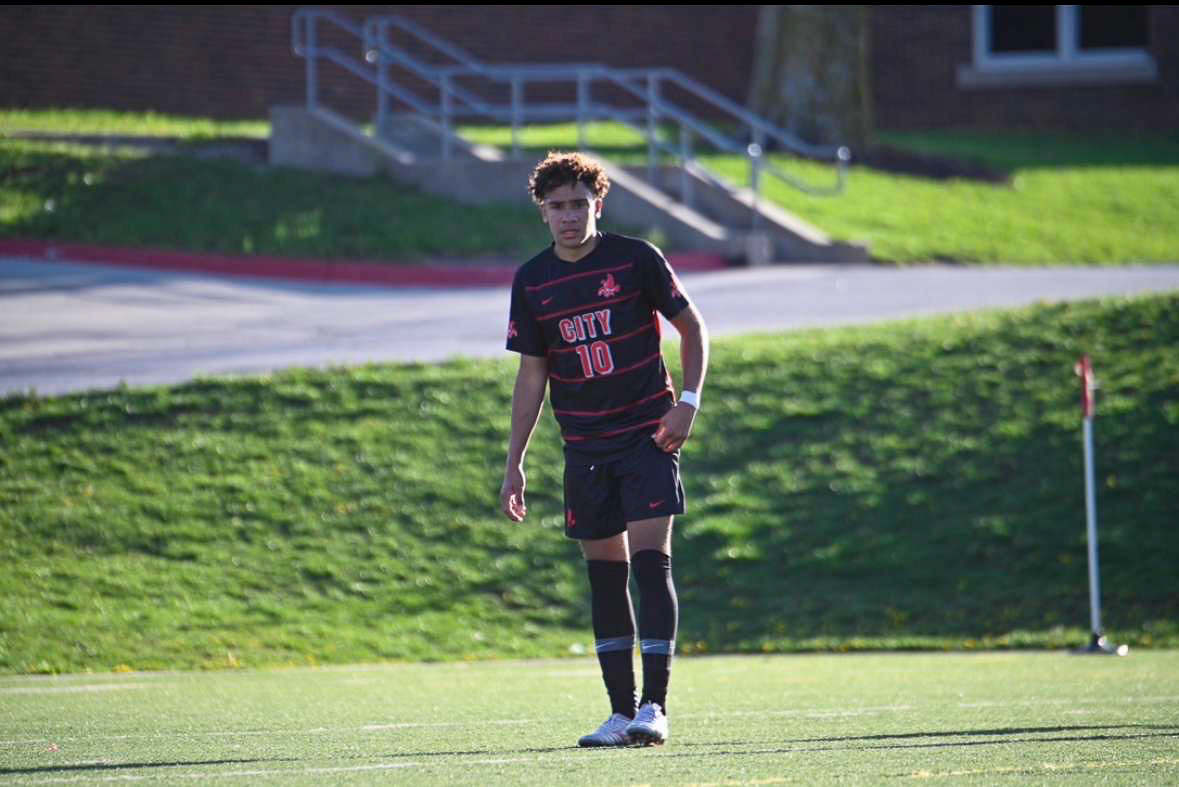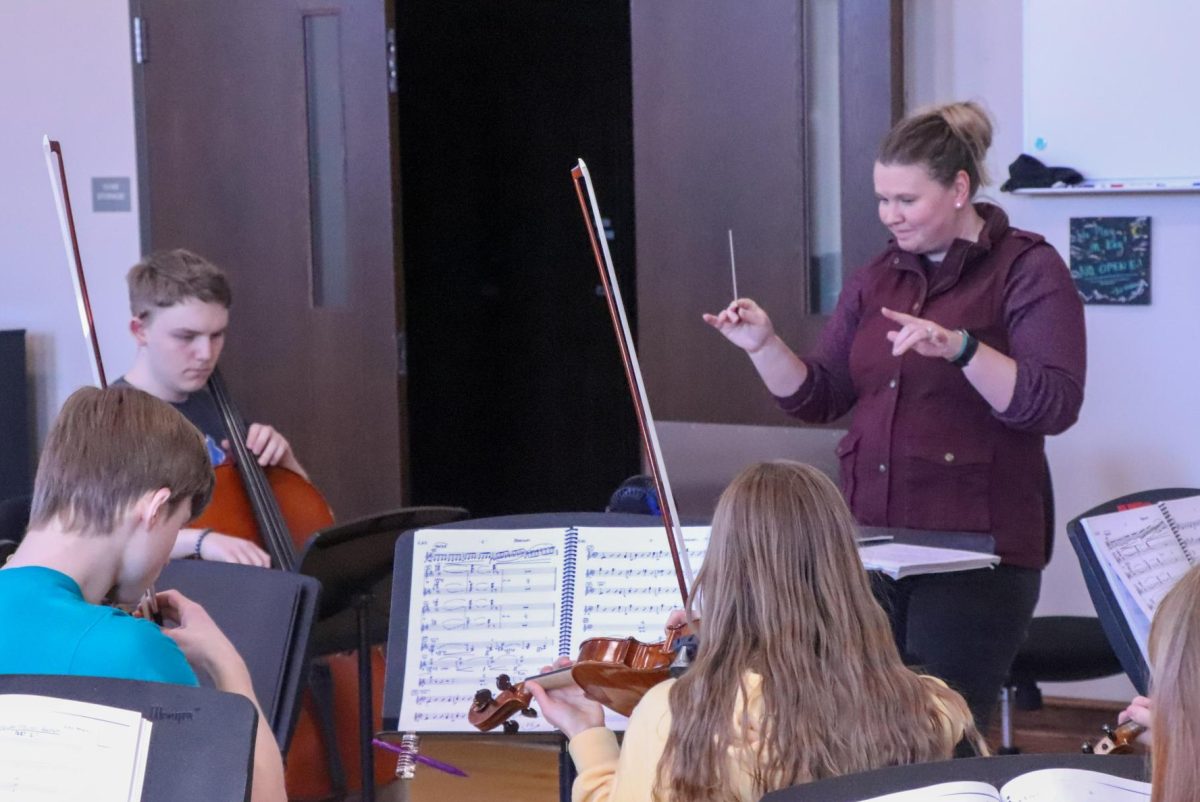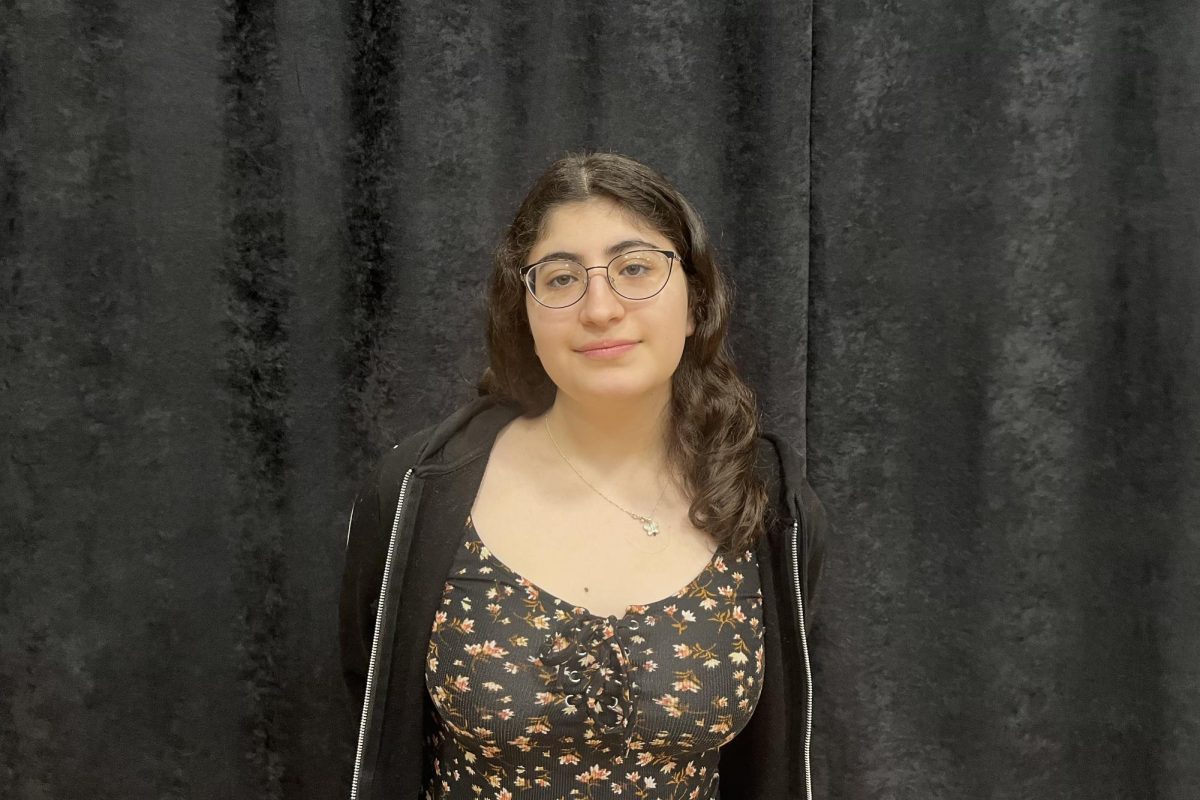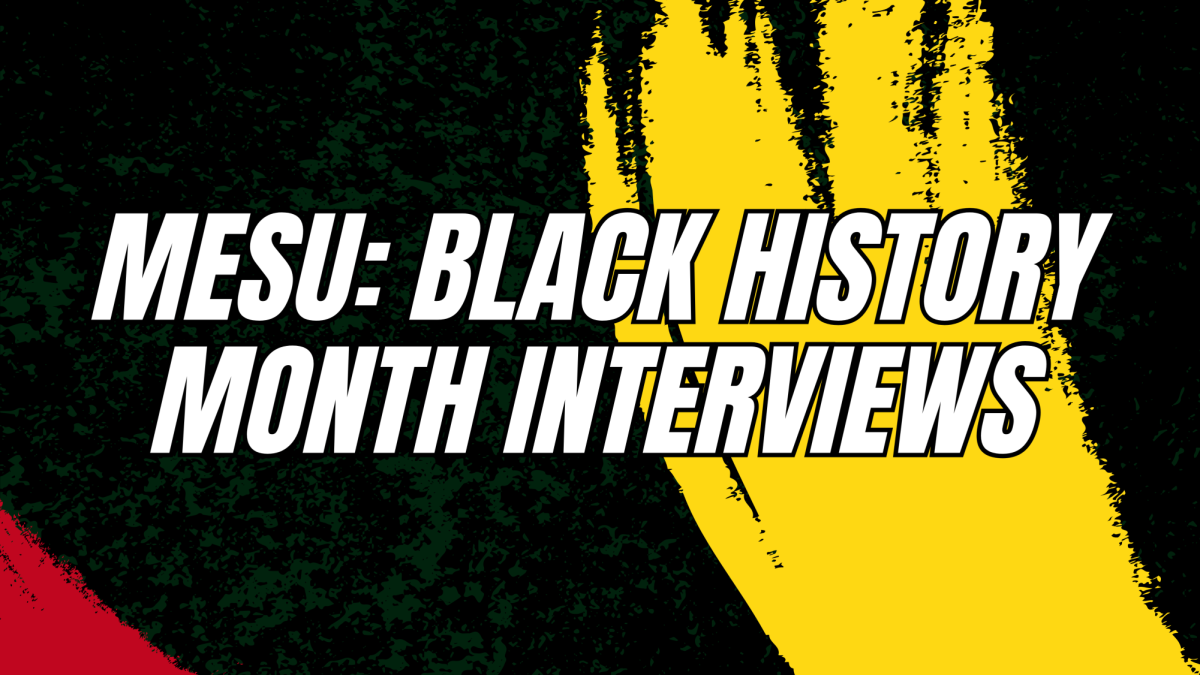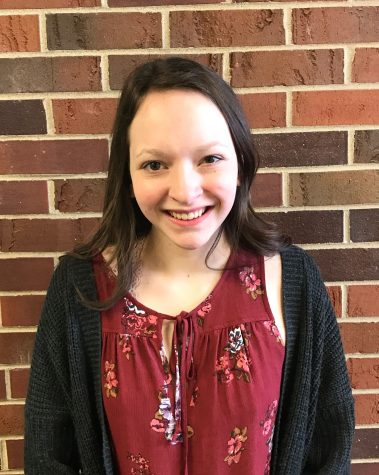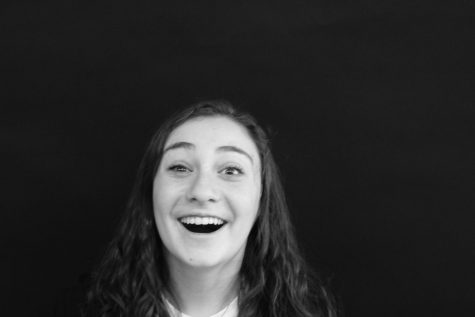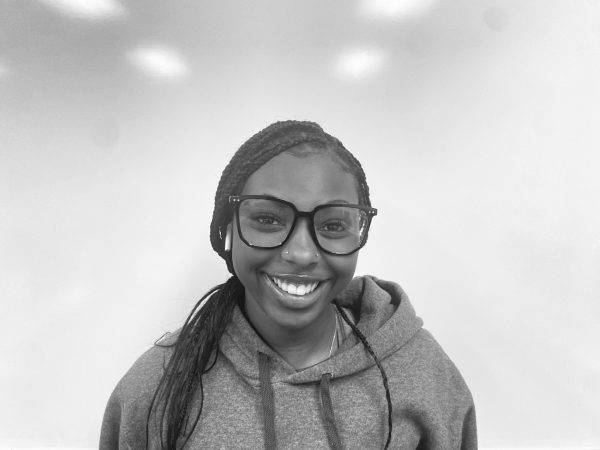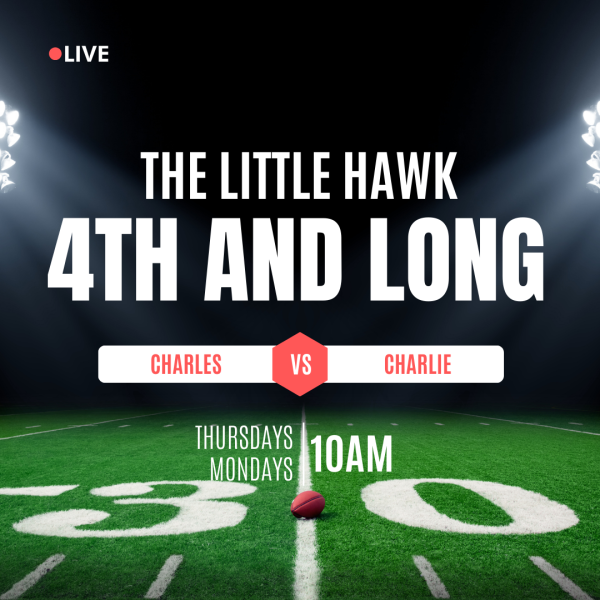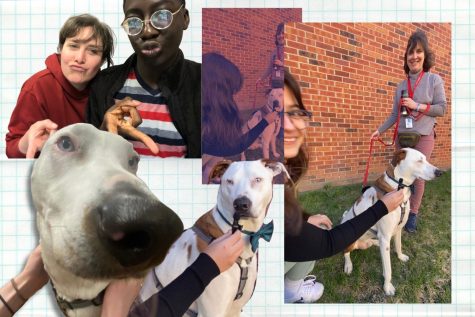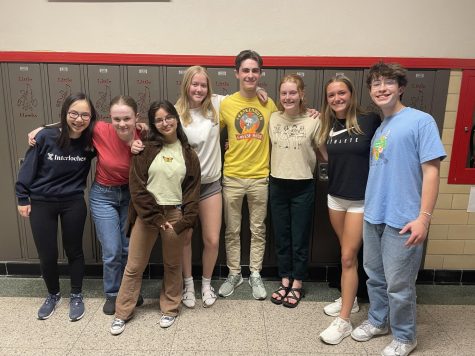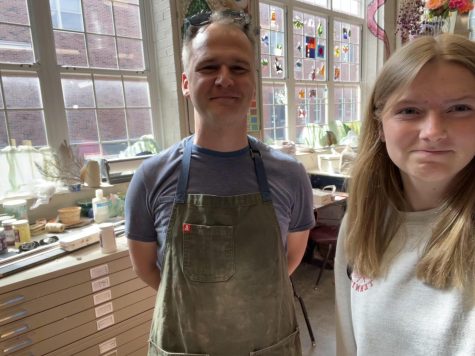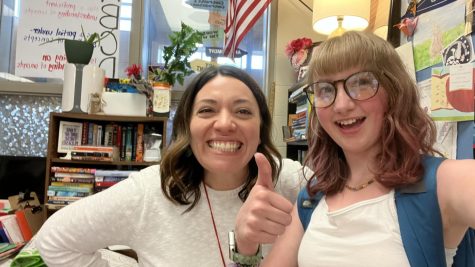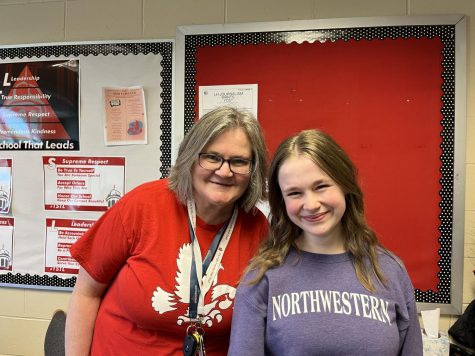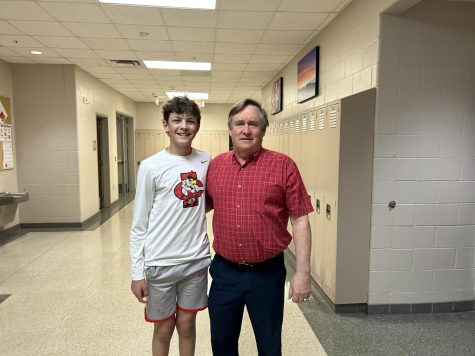Winter Holidays Celebrated at City
December 10, 2016
As the weather is getting cold, people are preparing to celebrate various winter holidays throughout City High’s diverse community. Grace Foster ‘19 celebrates Christmas throughout December.
“We celebrate it just for family tradition, no religion. The holiday brings family together,” Foster said.
For many families, the celebration continues before and after Christmas day.
“We go to Michigan after Christmas to see my [extended] family where we open presents and eat a huge breakfast and dinner. [My family] has an elf on the shelf, which we hide throughout the house during December. The elf goes to the north pole and reports to Santa,” Foster said.
“Our family looks at [Christmas] from a religious standpoint,” Zoё Miller ‘19, said.
Miller grew up attending church on Christmas Eve and celebrating her religious connection to the holiday. Christmas traditionally celebrates the birth of Christ, and the name Christmas comes from the Mass of Jesus Christ.
“At church we start by lighting the advent candles on Sunday and closest to the 25th, we light the biggest candle,” Miller explained on how she celebrates Christmas. “There is a Christmas eve service at church where we sing Christmas Carols and the church is decorated beautifully.”
Hanukkah, a Jewish holiday, is celebrated at a different time every year during the winter months. Meirav Flatté ‘19 has celebrated Hanukkah her whole life. According to Flatté, eating fried food is a key tradition during Hanukkah. Foods include Latkes, which are potato pancakes fried in oil, and Sufganiyot, which are jelly donuts.
“We eat a lot of fried food without having to feel guilty about it,” Flatté said. “My family usually makes a lot of latkes and Sufganiyot.”
The holiday of Hanukkah celebrates how a small amount of oil was able to last eight days when the Jews were at war in biblical times. As a result, the holiday is celebrated for eight days because of the oil lit in the Menorah, a traditional candelabra.
Jewish families light the menorah for eight nights, adding a candle each night.
“Religiously, [gift giving] is not part of the holiday,” Flatté said. “But since it is usually paired with Christmas, we get presents for Hanukkah.”
Julia Coelho ‘19 believes the true importance of Hanukkah is family.
“I spend time with my family,” Coelho said.
Maya Durham ‘19 celebrates a Hindu holiday, called Diwali, in addition to Christmas. Diwali celebrates the victory of light over darkness and hope over despair – a metaphor for resisting evil.
“[My family] lights candles, which are called diyas, that ward off evil,” Durham said.
In addition to family traditions, Durham participates in University events.
“We attend the University’s Indian student association’s Diwali show. They have little kids and adults dancing and putting on skits and we dress up,” Durham said.
Theo Prineas ‘19 celebrates an original holiday called Return to Light. The holiday is usually celebrated during the winter season and is centered around New Year’s and Winter Solstice. Theo’s family celebrates the holiday for one to three days.
“My sister and I made it up four or five years ago because we have no particular connection with Christmas, [and] we’re not Christian. We didn’t like how materialistic and commercialized Christmas [was], so we just decided to make up our own holiday,” Prineas said.
Return to Light has very minimalistic and creative traditions. Although there is no religion involved in Return to Light, the holiday celebrates the season and reflects family values.
“We light candles, burn incense, and we have to make presents if any at all…it’s very centered around food,” Prineas said.





